
Many local fish stores, and other sources of wisdom about fishkeeping, often recommend salt as a general "tonic" for freshwater tropical fish. The usual dosage of salt is somewhere between a teaspoon per 5 gallons to a tablespoon per 8 gallons, or thereabouts. There is not much therapeutic benefit at those dosages. Salt serves more to assuage the hobbyist's need to "do something" for their tropical fish. As a cure for things such as freshwater ich there are a number of remedies out there that will do a better job, faster, and without messing around with raising the temperature of the aquarium.
Fishlore also has it that salt is good for use with mollies, other livebearers and goldfish. The vast majority of livebearers, including mollies of all types and colors, and sailfins, come from the Far East. They have been raised in water that is moderately hard, and of neutral pH. These tropical fish are very far removed from the wild mollies that came from brackish water. All of the sailfin and lyretail mollies, balloon bellies, blacks, reds, dalmations do fine without salt. The same with goldfish.
The main confusion is that tropical fish need alkalinity. Salt is just one part of alkalinity. It is better to raise alkalinity by keeping chunks of "Utah Ice," which is a trade name for plain gypsum. (This is what is required for goldfish, and some livebearers.)
Adding salt to water for brackish water fish is an entirely different thing, and for this it is best to use marine salt mix. The other thing that salt has been mentioned for is to help tropical fish with osmotic problems, especially after having been shipped in, or living in, water where the nitrite and nitrate are very high. Salt does help stressed tropical fish with regulating their osmosis, but a better option may be furazone green.
Salt probably can't do any harm to freshwater fish, but in the dosages recommended it probably isn't doing much good either. If you do decide to use salt, plain Kosher salt or aquarium salt are much better to use than any table salt you may have around the kitchen.
 Catch More Salmon - Follow These Simple To Implement Techniques
Catch More Salmon - Follow These Simple To Implement Techniques
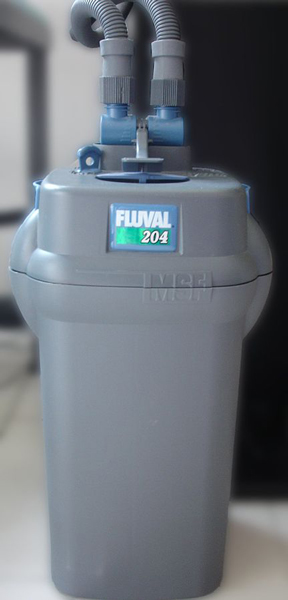 Canister Filters
Canister Filters
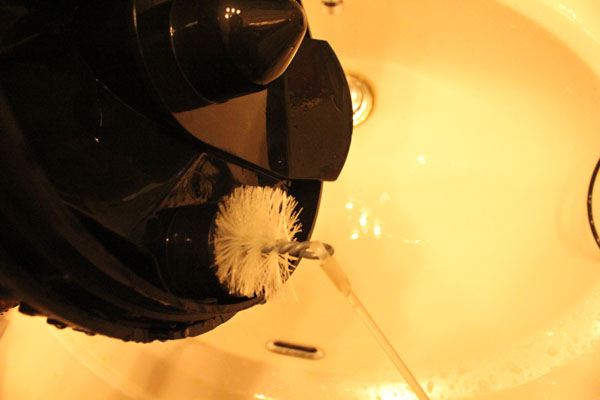 How to Maintain Your Aquarium Filter
How to Maintain Your Aquarium Filter
 Would You Like The Supreme Fishing Experience? Heres The Reason Why It Is Essential To Carry The Mo
Would You Like The Supreme Fishing Experience? Heres The Reason Why It Is Essential To Carry The Mo
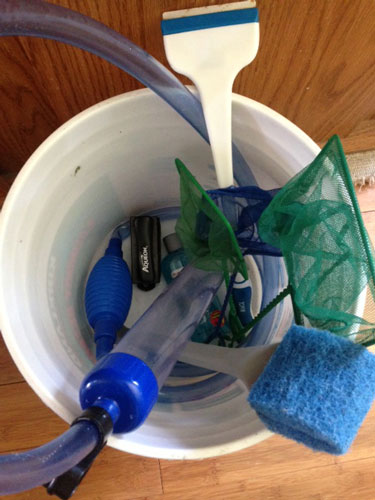 What to Keep in Your Aquarium Maintenance Bucket
What to Keep in Your Aquarium Maintenance Bucket
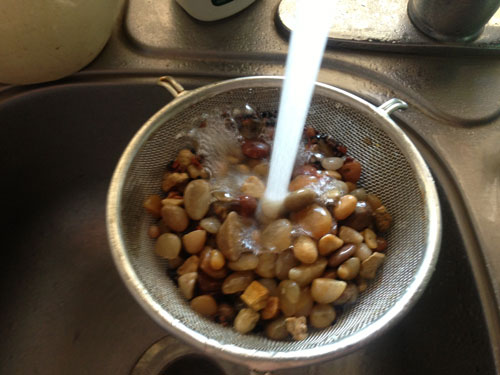 How to Get Rid of Cloudy Aquarium Water
How to Get Rid of Cloudy Aquarium Water
 Five Tips for Freshwater Aquarium Success
You spent countless hours researching the latest products to
Five Tips for Freshwater Aquarium Success
You spent countless hours researching the latest products to
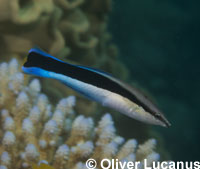 Cleaner Wrasse
Cleaner Wrasse
 Would You Like The Supreme Fishing Experience? Heres The Reason Why It Is Essential To Carry The Mo
If what youre seeking out is considerably more fish thr
Would You Like The Supreme Fishing Experience? Heres The Reason Why It Is Essential To Carry The Mo
If what youre seeking out is considerably more fish thr
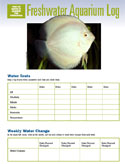 Aquarium maintenance logs for freshwater, saltwater and reefkeeping aquarists
Thank you for signing up for the FishChannel newsletter, the
Aquarium maintenance logs for freshwater, saltwater and reefkeeping aquarists
Thank you for signing up for the FishChannel newsletter, the
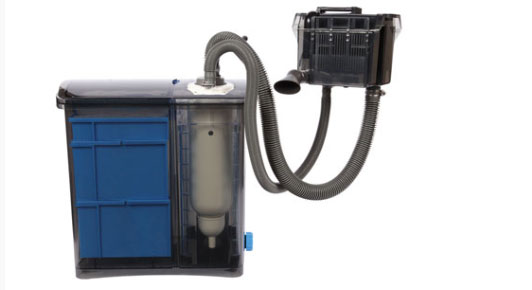 Aquarium Filtration Done Right
Today, keeping unique aquatic species is now commonplace tha
Aquarium Filtration Done Right
Today, keeping unique aquatic species is now commonplace tha
Copyright © 2005-2016 Pet Information All Rights Reserved
Contact us: www162date@outlook.com